8 Everyday Habits That Lead To Hair Fall
By: Priyanka Maheshwari Wed, 28 Feb 2024 12:20:45
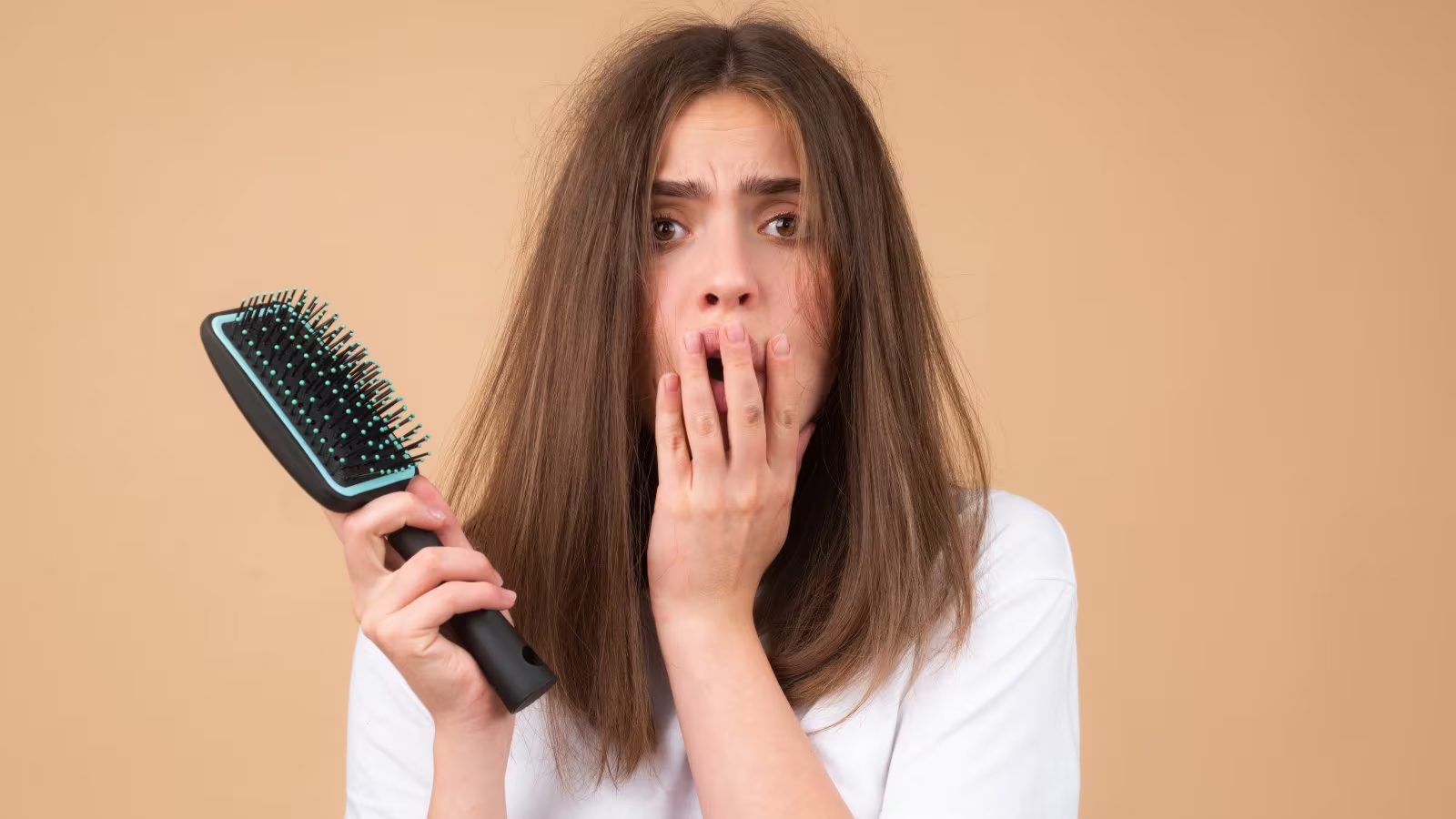
Hair loss on the scalp has numerous causes, with a higher prevalence among men. It can manifest either locally or across the entire body, and its duration can vary from temporary to permanent. Approximately 80% of men and half of women undergo hair loss at some point in their lives.
Various forms of hair loss exist, many of which respond well to treatment. For instance, alopecia areata, characterized by patchy hair loss, sometimes resolves within a year without intervention. Treatments such as medication, surgery, or dietary supplements can address hair loss, although there's limited data on their efficacy.
According to the American Academy of Dermatology, shedding 50-100 strands of hair daily is considered normal.
Excessive hair loss may stem from diverse factors including genetics, hormonal imbalances, thyroid or metabolic disorders, and certain overlooked daily habits.
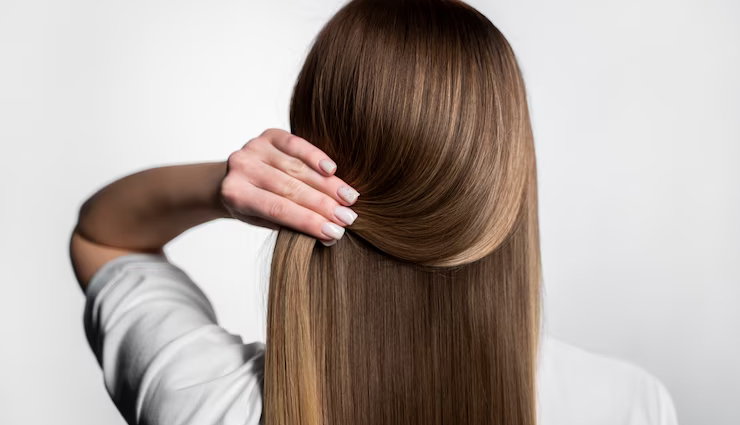
# Tight Hairstyles:
Opting for tightly tied hairstyles can lead to a receding hairline as they exert pressure on and eventually harm the hair follicles. In severe cases, this can result in traction alopecia, a condition where the follicles suffer permanent weakening.
Selecting the right scrunchies is crucial—opt for soft, non-static scrunchies crafted from cotton fibers or pure silk when tying your hair.
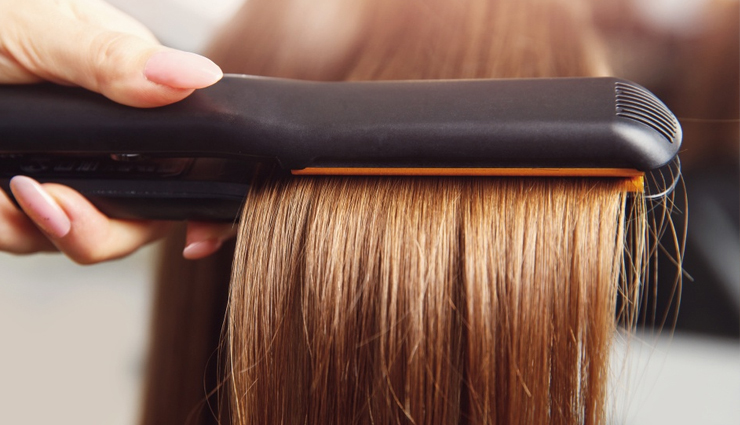
# Heat Exposure Without Protection:
Subjecting your hair to heat without adequate protection strips away its outer layer, damaging the keratin and causing moisture loss and increased susceptibility to breakage. It's akin to leaving makeup on while sleeping.
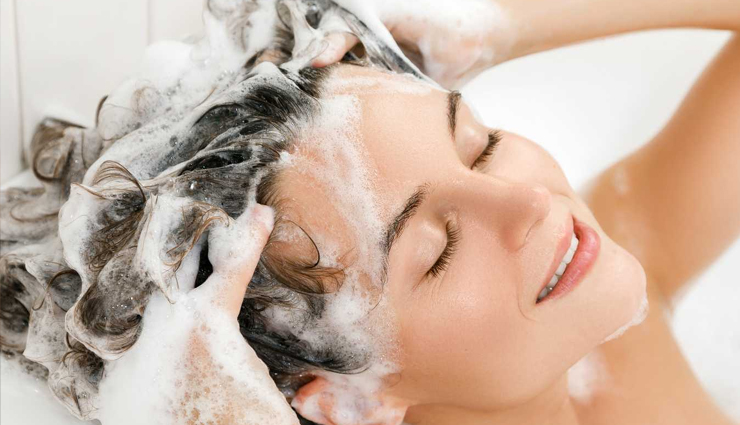
# Inattentive Hair Washing:
Observing three fundamental rules during hair washing is essential: shampooing the scalp, conditioning the strands, and avoiding hot water, which can dehydrate the hair, leading to dry, brittle strands prone to snapping and falling out.
To retain the natural oils that nourish your scalp, opt for cool water when washing and lather the shampoo in your palms before gently massaging it onto your scalp. Finish with a cool water rinse. Over-shampooing can prompt the scalp to produce excess oil as a protective measure, potentially contributing to hair loss.

# Yo-Yo Dieting:
Engaging in yo-yo dieting involves fluctuating between weight loss and gain cycles. This pattern of following restrictive diets for weight loss followed by regaining the weight can lead to nutritional deficiencies, inadequate scalp nourishment, and subsequent hair loss. Adopting a sustainable dietary approach promotes natural hair growth.
Incorporating lean proteins, fruits, vegetables, nuts, whole grains, and healthy fats into your diet benefits both your hair and overall health.
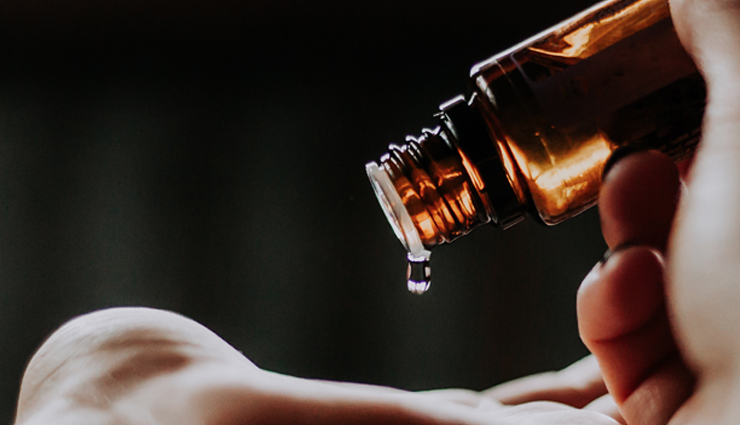
# Alcohol-Containing Hair Products:
Hair products containing alcohol can leave your hair dry and fragile, increasing the risk of breakage, especially if left on for extended periods. Opt for gentler, alcohol-free alternatives to manage your hair effectively.
For enhanced absorption, use a cotton towel rather than vigorously rubbing wet hair.
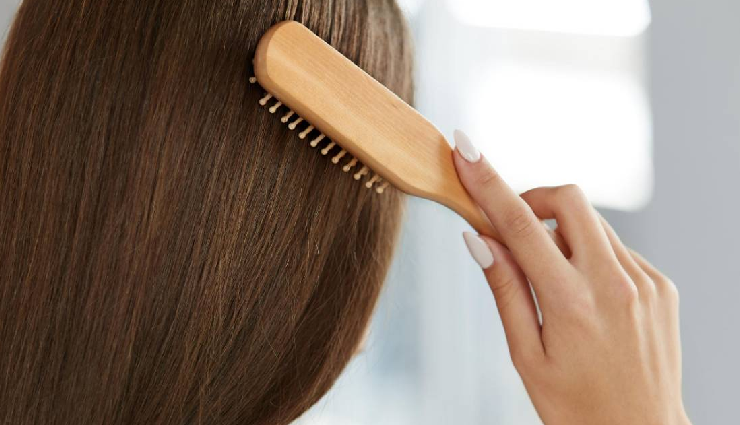
# Hair Brushing Techniques:
Minimize hair brushing frequency, apply a detangling spray when necessary, and detangle starting from the ends rather than from the roots to reduce hair fall. Avoid brushing wet hair with a regular brush.
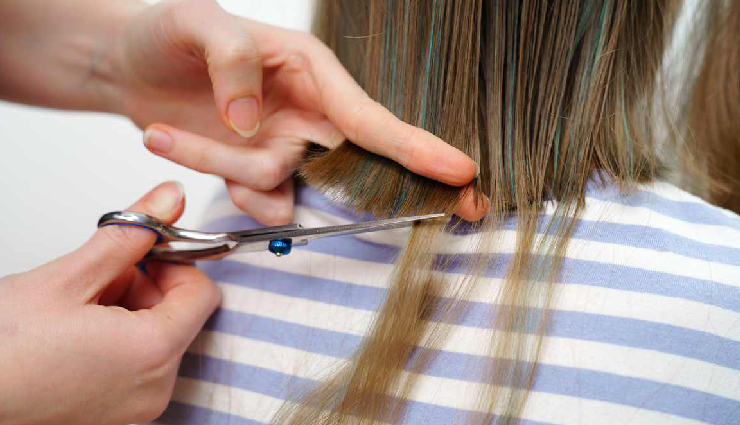
# Neglecting Regular Trims:
Regularly trimming your hair, even if it's just a slight quarter-inch trim or a dusting every eight weeks, helps remove split ends and facilitates healthy growth by eliminating damaged hair.

# Stress Management:
Despite understanding the adverse effects of stress, managing it can sometimes be challenging. Nonetheless, prioritizing stress management is crucial for overall well-being, including maintaining healthy hair.





